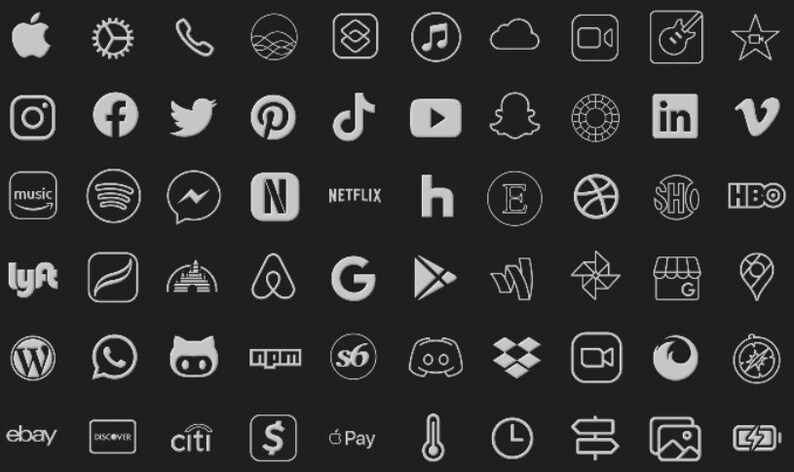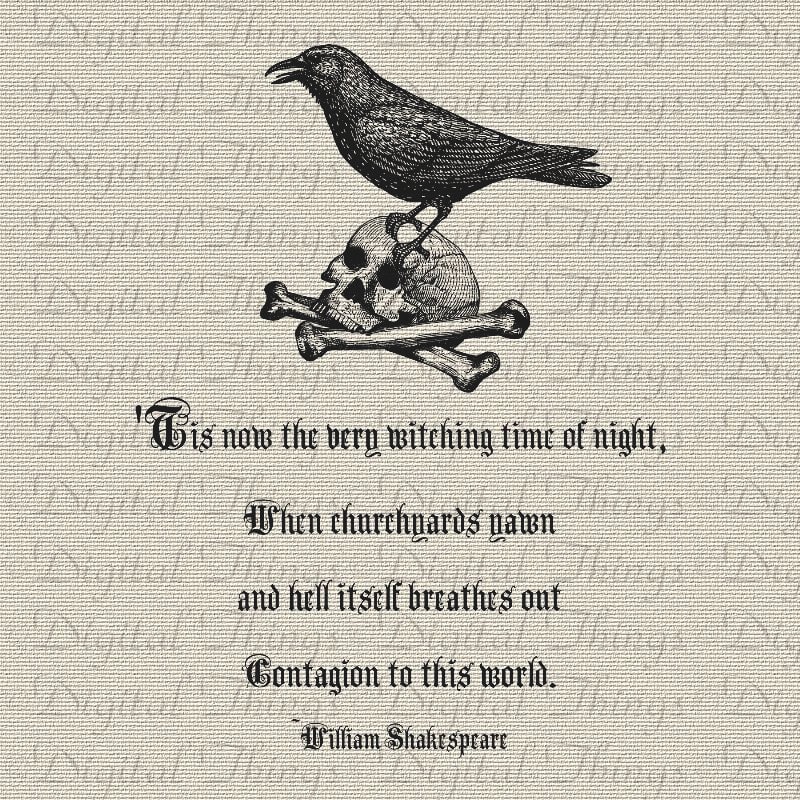Learning financial literacy should be a must. The lack of this knowledge of financial literacy and the lack of financial responsibility in the United States has been linked to lots of government entitlement spending (Kruse, 42). Growing to almost 100 times higher than it was in 1960 was in 2010, these entitlements have grown to nearly 10 percent per year for the past 50 years, (Kruse, 43). Financial mistakes can easily be avoided if we were taught the concept when we were younger and had it continuously forced and drilled into our heads throughout all of our schooling (K-12). There have been many of these websites, such as the one I mentioned that my high school used, that carry these courses that are for only a short period of time, (Kruse, 43). That doesn't allow habits enough time to form, so it goes in on ear, and out the other, (Kruse, 43).
kami isn’t kreative blog
my slideshow of atheist memes week 14
Wednesday, October 19, 2022
Should Financial Literacy be taught to Kindergarteners?
Tuesday, October 4, 2022
You do You in This World (Is Fast Food the New Tobacco?)
During this day and age, food is accessible and available for the majority of Americans. Depending on what you are looking for, you can choose healthy options that sit in grocery stores, but are pretty expensive, even for the average American. Or you can choose something that's quick and easy for consumption and it's affordable! The thing is, it's not one of the healthiest options. In fact, the majority of fast food isn't healthy at all. Due to all of this fast food, obesity is an issue in a lot of countries, but mostly America.
Whenever it's time to eat food, whether it be breakfast, lunch or dinner, personally, I am NOT looking at labels or counting my calories. And why is that? Because I do not care about what kind of food goes into my body--and you shouldn't care about what goes into MY body too! What I eat is my business and what you eat is your business.
Tuesday, September 27, 2022
Pop Culture and Is It Good for You?
The main culprit for providing Pop Culture has to be Twitter. Twitter happens to be one of the largest social media platforms that host a lot of news, controversial opinions and controversial people who are gravely passionate. These ingredients are the breeding ground for a lot of activism that comes about when something detrimental or devasting occurs on the news; especially something pertaining to social issues. As Gladwell states in Small Change: Why the Revolution Will Not Be Tweeted (2010), "The Internet lets us exploit the power of these kinds of distant connections [with our acquaintances] with marvelous efficiency. It's terrific at the diffusion of innovation, interdisciplinary collaboration, seamlessly matching up buyers and sellers, and the logistical functions of the dating world, but weak ties seldom lead to high-risk activism."
This type of "high-risk" activism has been seen countless times, even within the past two-three years it has been extremely prevalent. Recent social media outrage has circulated from the presidential election, the killings of George Floyd, Breonna Taylor, etc., Kyle Rittenhouse, COVID-19, the Queen dying, amongst countless of other things. All of these events led Twitter and a lot of other social media platforms awry from the way its users handled all of the concord and disarray. As Gladwell had said before, the internet allows us to connect to many different people, with that, people spread their bias on different topics that they might be passionate about, which creates a lot of grey area on if there are credible articles or who to trust in delivering reliable and trustworthy information. This sort of spread of misinformation is definitely one of the cons of Pop Culture.
The upside of Pop Culture is that there is a lot of information that is readily available, and more and more people are being educated through the likes of these social media platforms and different informational TV shows and movies that come out every year. Whether it be a show that features a main character going through the struggles of living in terrible environments that exist in the real world, or an animated show featuring a diverse cast who all have fun celebrating their different cultures and customs. Johnson in, Watching TV Makes You Smarter (2005), states: "For decades, we've worked under the assumption that mass culture follows a path declining steadily toward lowest-common-denominator standards, presumably because 'masses' want dumb, simple pleasure and big media companies try to give the masses what they want. ...the exact opposite is happening: the culture is getting more cognitively demanding, not less." A lot of times people associate Pop Culture with little intelligence, but the contrary is actually happening as people are like sponges. Once you keep feeding someone with information, they'll want to keep soaking it up and come up with different ideas and different talking points.
Anything that's popular, right now, can be considered Pop Culture. Whether it be popular clothes that are trending, a popular catchphrase, a TV show, a movie, or internet drama. Along with that, anything can be bad when over/misused, and anything could be good in a way. With that being said, everything is up to interpretation by whoever is consuming Pop Culture.
Gladwell, M. (2010). Why the Revolution Will Not Be Tweeted. The New Yorker, 312-327. https://www.newyorker.com/magazine/2010/10/04/small-change-malcolm-gladwell
Johnson, S. (2005). Watching TV Makes You Smarter. New York Times Magazine, 277-293. https://www.nytimes.com/2005/04/24/magazine/watching-tv-makes-you-smarter.html
Monday, September 12, 2022
Becoming Literate
During my formative years, I remember my uncle helping me read Dr. Seuss books until I became wildly proficient at reading. Throughout Elementary school, I loved to read (I have a video from 2011 of me reading to my aunt!). My parents heavily encouraged my love of reading and would used to take me to Barnes and Noble whenever we would get the chance. I remember my favorite book used to be 10 Apples Up On Top by Dr. Seuss. After we bought each book, I would read all of it within the car ride and would want to read more and more. My parents recall me being very proficient quickly and before first grade I knew how to spell a lot of words correctly. Compared to my brother, I barely struggled in reading and writing.
In school, we were also encouraged to read and had our own little book section in the classroom if anyone wanted to read after a test or if you were not doing anything. I remember I would always pick up a Goosebumps book and just keep reading them whenever I finished all of my assignments. From what I remember, during the fifth grade, we were tested on where we were reading level wise and I scored a twelfth grade reading level.
Continuing with Elementary school, I always looked up to my aunt who would used to baby-sit me and would always harp on about how important education is and always encourage me academically. My aunt and her husband were definitely role models for me growing up--smart, educated, and they are pretty young too with successful careers. Still to this day, I kind of look up to them and I always go to them for advice on anything.
Anyways, this love for reading persisted into my sixth and seventh grade years where I fell in love with the Percy Jackson book series with whom I shared an obsession with my close friends. I was placed in the honors program in seventh grade and I had no problem adjusting to the faster pace of things. Nearing towards my eighth grade year, my love of reading was starting to diminish. Luckily, I had an amazing English teacher who I was close with and she made assignments and lessons interesting. She sparked my interest in reading macabre poetry when we did a unit on Shakespeare and his writings.
High school is when I started to struggle with my honors English classes as reading and writing seemed to burn me out. I loved when we used to do group projects or do slideshows on different topics since it was less taxing on my brain and I was able to be more creative with how the slides looked. Class just used to bore me and I would always doodle on my papers and get yelled at for it. It just seemed like my brain could no longer process what I was reading. I would have to constantly scan the page again and read a passage over and over until my brain understood what I was reading. Writing was no different when I had to write and analyze a piece. All of my papers were seemingly incoherent because I could not gather my thoughts in a cohesive manner unlike my peers who had no problem writing long and in depth essays. To this day, I still struggle with this. It frustrates me knowing I was way above my peers when I was younger and now I struggle to even be at level with them. I still struggle with understanding a passage and having to reread it over and over again, but my main issue is gathering my thoughts in any way that is easy to understand. Outside of school, I like to read the news on my phone and sometimes I'll journal about my day or if I have a bad day, I like to write about it.Should Financial Literacy be taught to Kindergarteners?
While reading this article, I remembered when I had to take my course on financial literacy in high school. It was an online module course, ...

-
While reading this article, I remembered when I had to take my course on financial literacy in high school. It was an online module course, ...
-
Pop Culture is one of the most crucial facets in a teen's life nowadays. You can make any reference to a TikTok, an Instagram post, or a...









